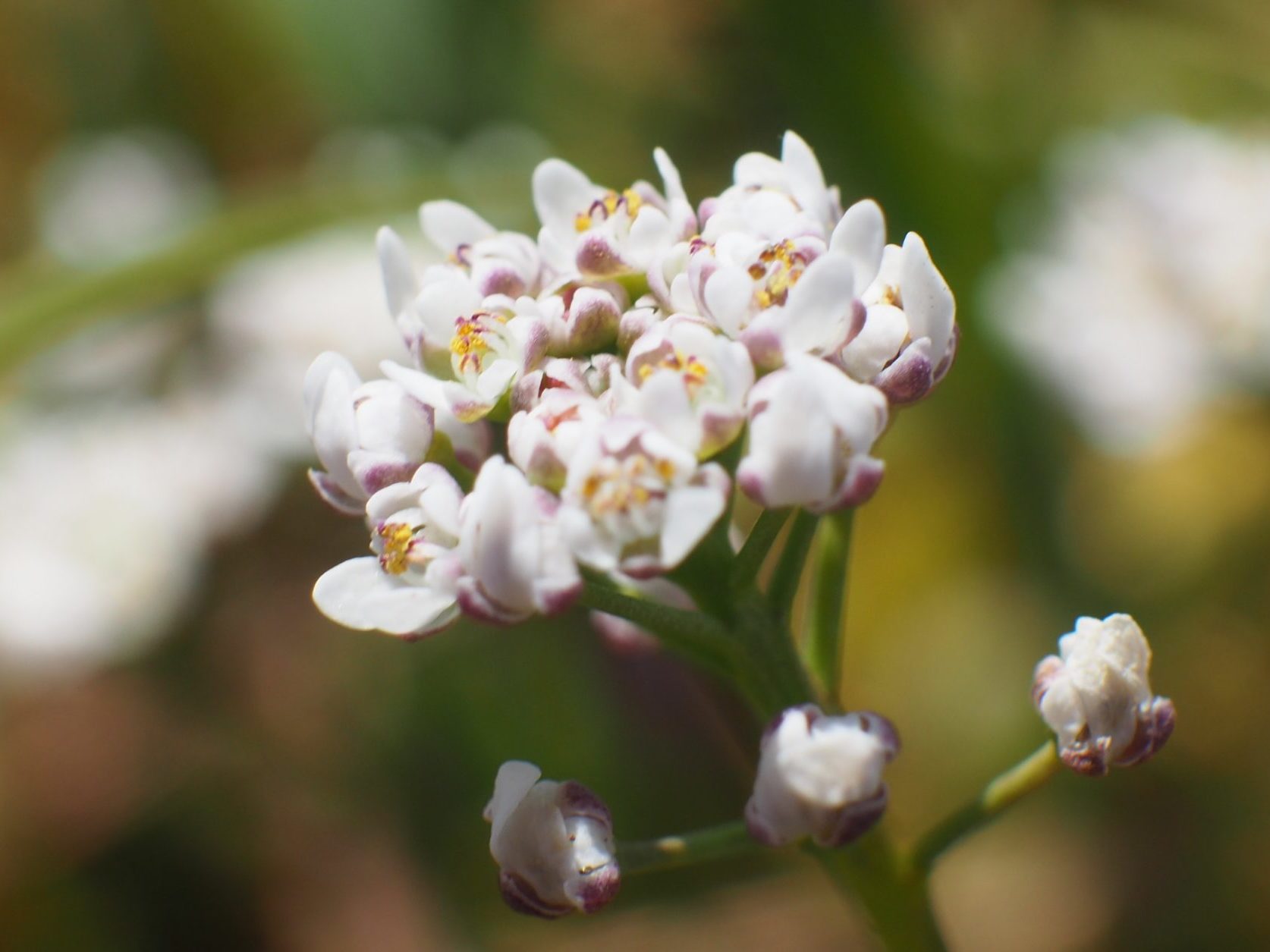I fell in love with soap in 2015. No, not that material you use for washing. The technical communication conference in Kraków, Poland, called soap! with the lower-case “s” and the exclamation mark.
I returned for the 2017 soap! experience, which is what I want to share here. I am providing a summary of the conference design, some useful links for additional reading, and all my personal, rather raw notes from the talks. Those are shared “as is”. If you wonder what I meant by something, leave a comment!
I hope some of the information here will inspire you to consider joining the “soapy” community next year in Kraków.
Note: This is a very long post because it covers two days of info from a conference. I wrote it as a reference article for storing my notes.
Where can you find more information about the soap! conference?
The soap! team has a great video summary of the soap! 2017 conference. Watch it if you think this post is too long and too much to read, or watch it for inspiration for your first or next attempt at summarising an event with a nice video.
Other links are:
- The soap! conference site
- The soap! Twitter account: @soapconf
- The soap! Facebook account
- The soap! YouTube channel with playlists of all the speakers and talk teasers that were posted prior to the conference
- My own soap! photos on Flickr
What is the structure of the soap! conference?
This conference is run by a dedicated group of volunteers and supported by some great sponsors and a registration fee. The conference ran for three days with the main conference on Thursday, 8 June, and Friday, 9 June. On Wednesday, 7 June, there was an all-day Edu Summit filled with workshops ranging from one hour to seven hours. The Edu Summit was only open to the main conference attendees. Topics ranged from DITA to UX to structured authoring.
On Thursday and Friday, the conference ran from 9.00 to 18.00. The doors opened half-an-hour before so attendees could grab a coffee and a bite to eat and say hi to the other attendees.
The location was perfect for this time of year. We used the conference room at the beautiful Manggha museum on the banks of the Vistula River, just across from the Wavel Royal Castle.
The skies were blue and the weather was just right for all three days, with the clouds staying away until we all dispersed after the conference. Sitting on the terrace outside the Manggha café with that lovely view seemed to keep the conversations going non-stop.
This volunteer-run conference also included great evening events: bowling after the Edu Summit, a concert on the banks of the river at the end of Day 1, and a brew pub (T.E.A. Time) after the conference.
The conference always has a theme. This year’s theme was “problem solving”.
They solicited our thoughts for the theme for 2018. Four proposed themes were written up on a whiteboard, and we could vote for a theme with soap! stickers. “Artificial intelligence and content” won the popular vote. Now the committee will evaluate how to make that work as a theme for the 2018 edition of soap!.
What is so great about the soap! conference?
I have to quote one of the speakers, Oded Ilan, on this. He summed up my sentiments in the video summary of the conference.
I see so many young people engaged and interested in [this technical communication field]… That’s the most powerful thing I saw at this event. – Oded Ilan
Why is it called the soap! conference
I learned about the soap! name at the 2015 conference. Gosia Radymiak, head of the soap! team and conference, said it was a fun idea that came up in conversation. They called it “soap” to stand for strategy, opportunity, advancement, and professionalism. Think of it as a fresh, clean start, said Gosia. “It’s something we can relate to, something we ‘just gotta have’.” I think a lot of writers know many manuals that could use a good scrub to get a fresh, clean start! It’s a great analogy.
What was the biggest takeaway from the soap! conference?
It’s all about people and communicating with people. Talk to people. Learn from people. Those people can be those using your products or services and they can be those you work with every day. They can be those you work for or those who work for you.
The talks – my notes and the videos
The remainder of this blog post is a list of all the talks in the order that they were presented along with a link to the video of their presentation and whatever (raw) notes I took.
Comments closed

